Philip Manow will start his new position as a professor in the Political Science Department in October 2010. Together with Professor Stefan Traub he will head the Economics Department in the Centre for Social policy Research.
Philip Manow's research focusses on issues of political economy, the welfare state and political institutions. He has previously worked at the University of Heidelberg, the University of Konstanz and at the Max Planck Institute for the Study of Societies in Cologne.
During his work for the Centre for Social Policy Research, Philip Manow will particularly examine the link between economic structural change, social policy, and party politics.
Contact:
Prof. Dr. Philip Manow



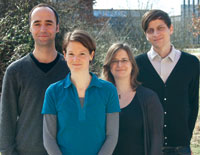

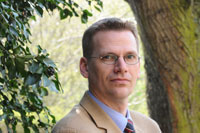
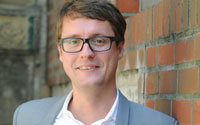
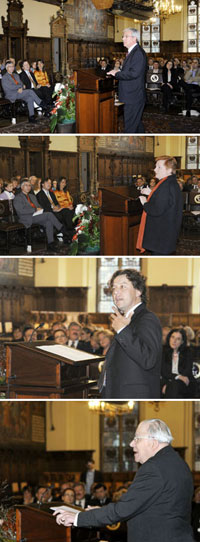
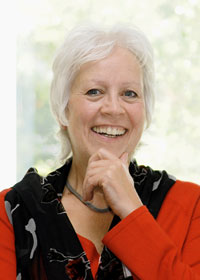
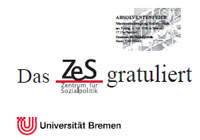
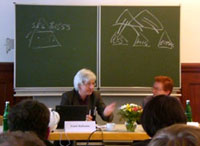
 The evaluation was geared towards the ZeS as a "whole" as well as the work of the departments in particular. The department "Health Economics, Health Policy and Outcome Research" stands for special achievements in research as regards transfer. The projects on the topics "legitimation" and "organization" as well as theories on social democracy in social policy are the key features which characterize the work of the department "Theory and Constitution of the Welfare State". The choice of case studies and its focus, activation and professionalization is emphasized in the department "Gender Policy in the Welfare State". The department "Institutions and History of the Welfare State" shows the stringency and continuity of 20 years of research at the Zes.
The evaluation was geared towards the ZeS as a "whole" as well as the work of the departments in particular. The department "Health Economics, Health Policy and Outcome Research" stands for special achievements in research as regards transfer. The projects on the topics "legitimation" and "organization" as well as theories on social democracy in social policy are the key features which characterize the work of the department "Theory and Constitution of the Welfare State". The choice of case studies and its focus, activation and professionalization is emphasized in the department "Gender Policy in the Welfare State". The department "Institutions and History of the Welfare State" shows the stringency and continuity of 20 years of research at the Zes.  As regards the comparatively low basic facilities of the ZeS, a critical tone is adopted. The advisory board demands a sustainable improvement of infrastructural facilities. Due to an increasing work-load of teaching and researching, while, at the same time, being committed to the development of new study courses, new opportunities of compensation should be created. For example, support in teaching, which could be done by substitutes as well as an improvement of the basic facilities.
As regards the comparatively low basic facilities of the ZeS, a critical tone is adopted. The advisory board demands a sustainable improvement of infrastructural facilities. Due to an increasing work-load of teaching and researching, while, at the same time, being committed to the development of new study courses, new opportunities of compensation should be created. For example, support in teaching, which could be done by substitutes as well as an improvement of the basic facilities.







